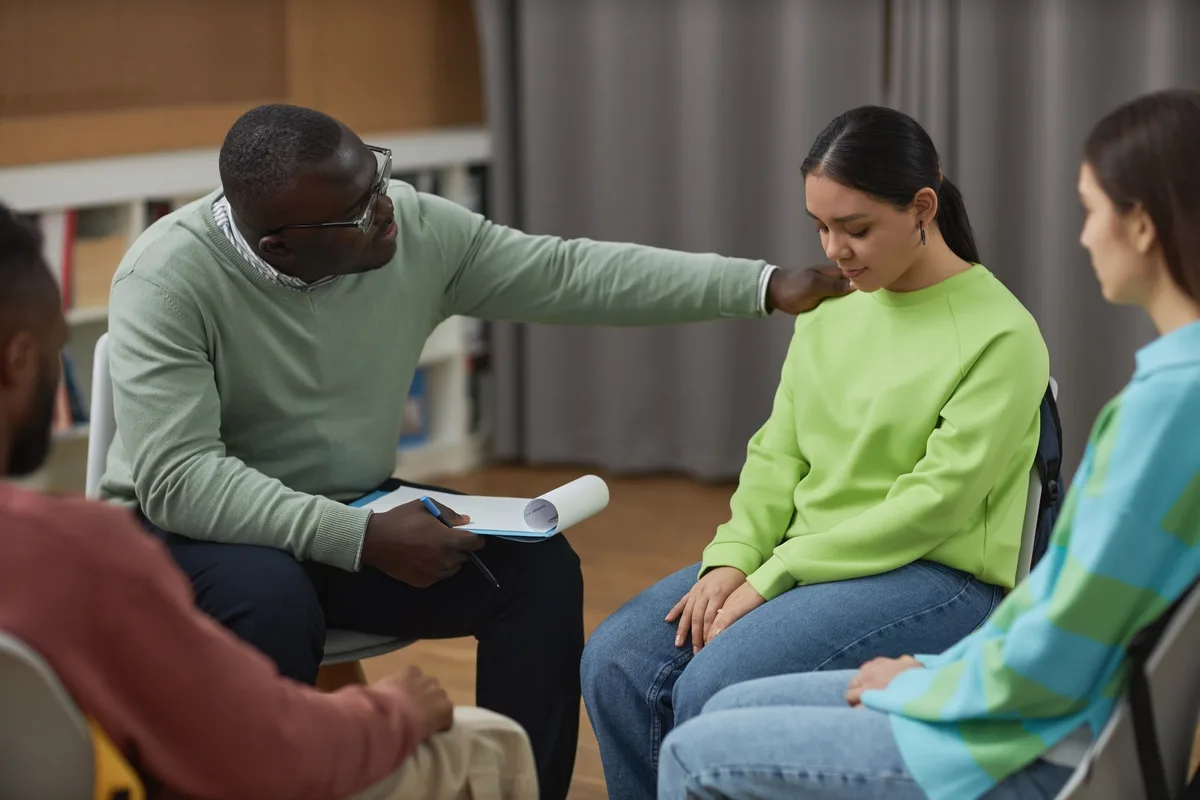24/7 Helpline:
(866) 899-221924/7 Helpline:
(866) 899-2219
Learn more about Aftercare Support centers in Laurens County

Other Insurance Options

Ambetter

Self-pay options

Excellus

WellPoint

AllWell

Covered California

Regence

Lucent

Molina Healthcare

CareFirst

State Farm

BlueShield

Premera

Optima

Humana

American Behavioral

Oxford

BlueCross

PHCS Network

Multiplan













Promise of Hope – Women’s Location
Promise of Hope – Women’s location is a drug and alcohol rehab center located in Dudley, Georgia. Th...

FCC Behavioral Health – Stoddard County
FCC Behavioral Health - Stoddard County provides intensive outpatient and outpatient adult substance...

Southeast Missouri Behavioral Health
Southeast Missouri Behavioral Health is an outpatient facility that offers treatment for individuals...










































































































